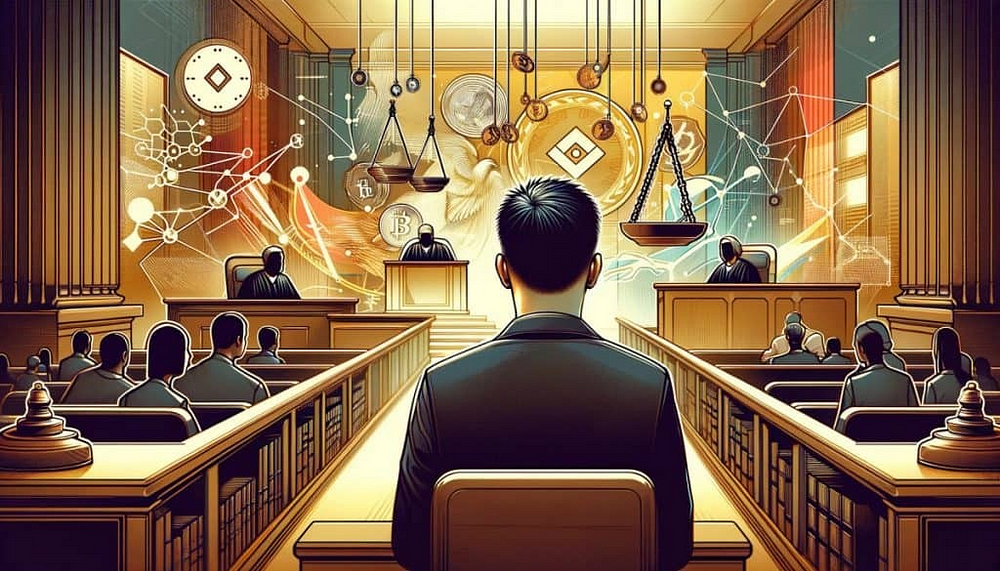On the 21st, we witnessed the end of the era in the reign of Changpeng Zhao. The CEO of Binance resigned and admitted guilt in violating US anti-money laundering requirements, even though Binance was never an American exchange. This is not the first instance where US law enforcement agencies have discovered a cryptocurrency exchange that officially had no presence in the country. A prominent example of this is FTX, which shattered the myth of “borderless” boundaries and its CEO reaping the consequences of his actions.
History and Current Events of Binance: Recent Changes
Binance has challenged the boundaries of a traditional company with its actions. By serving traders worldwide, it ultimately became the largest exchange in the world, but for a long time, no one knew its whereabouts. The very idea of a headquarters contradicted the entire concept of Binance, as CZ always kept the location of Binance’s headquarters a secret.
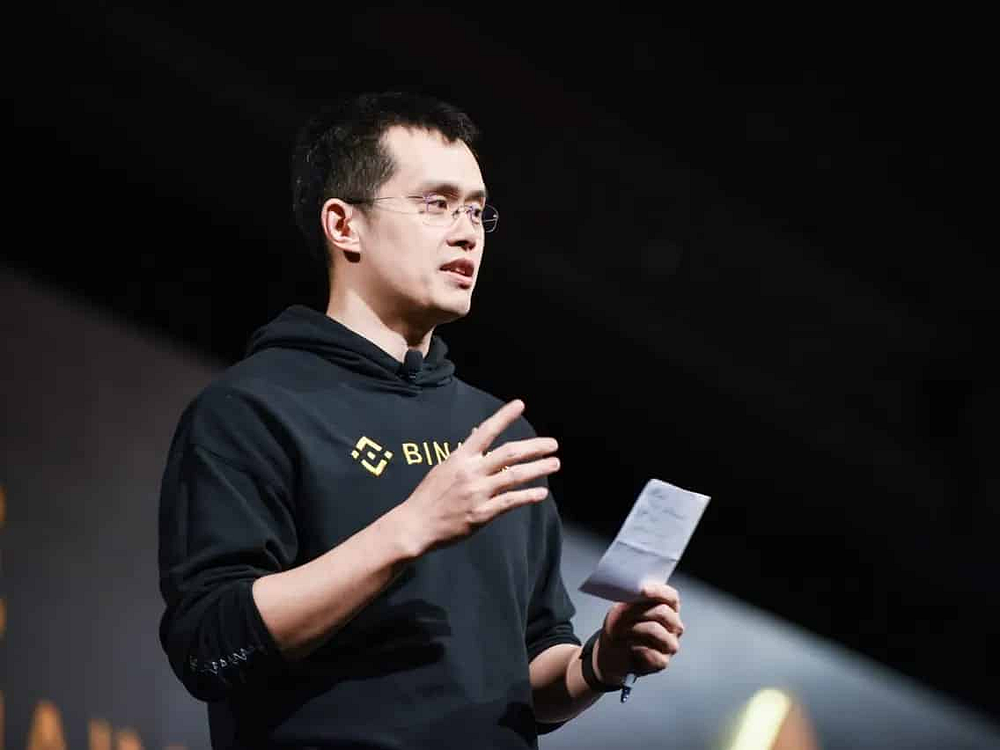
In an interview with CoinDesk, he even stated, “The company is a concept. The organization is a concept,” and when asked where Changpeng lives, he replied, “I have no answer to that question. Earth?”
Here are the top 5 accomplishments during Changpeng Zhao’s (CZ) leadership at Binance:
- Since 2017, Binance has significantly expanded its product lineup as users demanded access to new, innovative blockchain-based offerings. Today, we have products such as Trust Wallet, Binance NFT and Binance Earn to cater to user interests.
- In 2018, Binance launched Binance Labs, which invested in and incubated over 200 projects worldwide. More recently, Binance Labs closed a $500 million investment fund for blockchain, Web3, and value creation technologies. In 2018–2019, Binance also added Polygon, one of the most significant additions, to its roster.
- In 2021, Binance introduced new services like Auto-Invest, Binance Live, Learn and Earn, further enriching its already extensive list of products from the largest exchange in the industry.
- The cornerstone of Binance’s reputation lies in its education service. Popular offerings like Binance Academy, Learn and Earn, and Binance Masterclass are integral to user education, helping them make more responsible and informed decisions.
- Binance boasts the most extensive product portfolio in the industry, encompassing cutting-edge trading products such as derivatives, margin, and lending, as well as accessible financial products through Binance Spot, Earn, and Convert.
Regulatory Action and Consequences
Participants in the Investigation
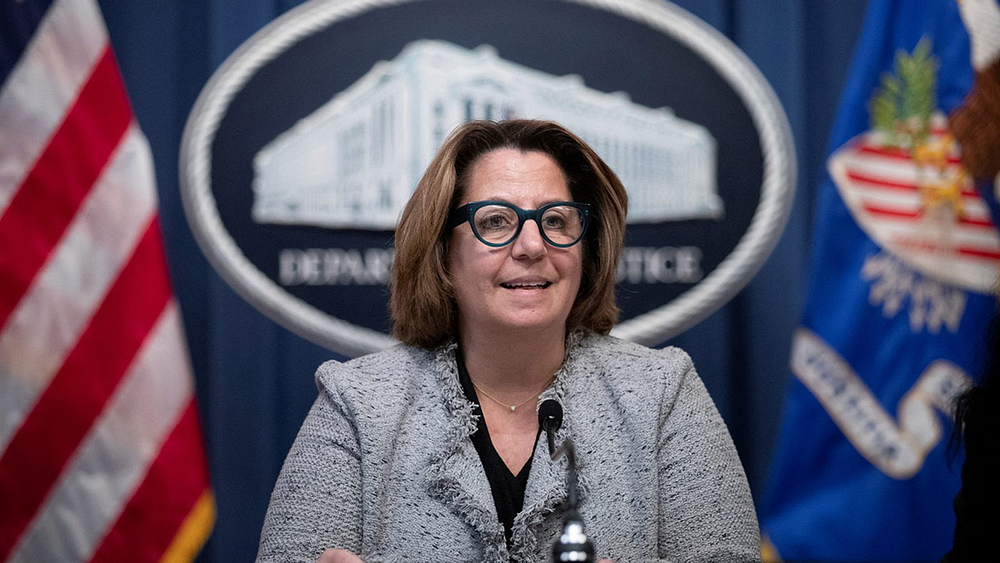
The Department of Justice held a press conference to announce what it called “significant measures to ensure compliance with cryptocurrencies,” featuring Garland, Yellen, Deputy Attorney General Lisa Monaco, and CFTC Chairman Rostin Behnam. During the press conference, Monaco stated that the actions on Tuesday “sent an unmistakable signal to cryptocurrency and DeFi companies.”
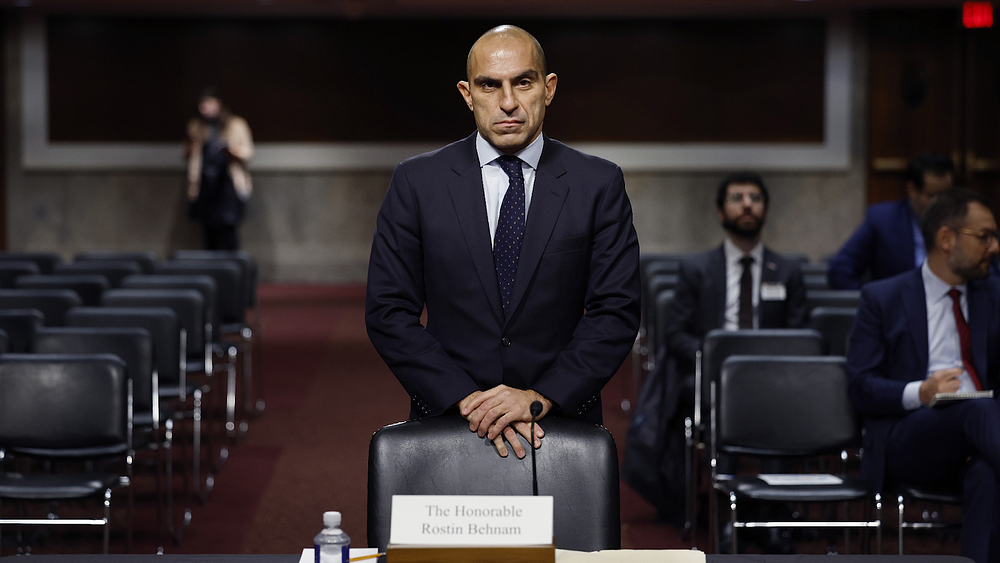
“Over five years of doing business with U.S. customers, Binance allowed nearly $1 billion in illegal transactions involving countries and individuals subject to sanctions,” Monaco said.
The exchange will pay $3.4 billion to the Financial Crimes Enforcement Network (FinCEN) and $968 million to the Office of Foreign Assets Control (OFAC) as part of these settlements, in which both regulators accuse Binance of violating the Bank Secrecy Act and sanctions programs. Binance has already announced that it will pay the U.S. Department of Justice $4.3 billion in fines and penalties to resolve allegations of sanctions violations and failure to maintain an adequate “Know Your Customer” program. Changpeng “CZ” Zhao, the founder and CEO of the exchange, is stepping down from his role as part of this agreement.
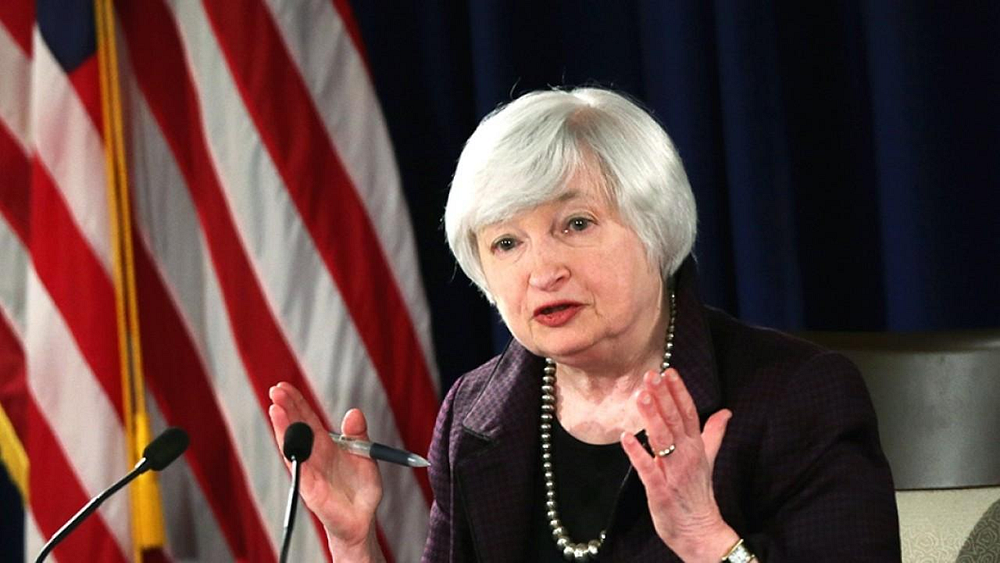
In her statement, Secretary of the Treasury Janet Yellen said that Binance “turned a blind eye to its legal obligations in pursuit of profit,” allowing “money to flow to terrorists, cybercriminals, and child sexual predators through its platform.”
Accusations and Rebuke:
- Based on a lawsuit filed on Tuesday, Binance has been accused of failing to maintain an adequate Anti-Money Laundering (AML) program, conducting unlicensed money transfer business, and violating sanctions laws.
- Based on another document, Zhao admitted guilt in violating the Bank Secrecy Act and that a financial institution violated the BSA. His fine will be offset against the amount he owes to the Commodity Futures Trading Commission, according to the U.S. Department of Justice.
- According to Attorney General Merrick Garland, the amount Binance is required to pay is $4.3 billion, making it one of the largest fines ever obtained from a corporate defendant.
- The Department of the Treasury stated that the cryptocurrency exchange failed to implement security programs aimed at preventing suspicious transactions with groups including HAMAS and Palestinian Islamic Jihad, as well as al-Qaeda and the Islamic State of Iraq and Syria (ISIS).
- Binance will have to appoint an independent compliance monitor for three years and report on its efforts to comply with the U.S. government’s requirements and fines.
- According to disclosed documents, Zhao “prioritized Binance’s growth, market share, and profits over compliance with U.S. banking laws.” He told his employees, “It’s better to seek forgiveness than permission,” as stated in the document.
- Zhao referred to Binance’s activities in the U.S. as a “gray area,” ensuring that Binance did not collect “Know Your Customer” information about its users because he believed it would hinder its growth and appeal.
Prospects for Binance Under New Leadership
We are unlikely to see another company like Binance anytime soon. Binance has always been the most talked-about and popular exchange for users worldwide. Alongside many other exchanges, including OKX, Kraken, and WhiteBIT, it ranked among the top Trust Score rated cryptocurrency exchanges on CoinGecko.
To salvage its reputation, Binance quickly responded by publishing “solutions” achieved in collaboration with various named agencies, stating that the exchange had been working on restructuring for the past few years and citing its “new leadership… with deep compliance experience.”
“We are confident that Binance will become a stronger company as we lay the foundation for the next 50 years,” the blog post reads.

Richard Teng has taken over as the new CEO of Binance, a move that CZ himself acknowledged was part of the company’s succession plan when he hired Teng in August 2021. Initially joining Binance as the CEO of its Singapore business, Teng swiftly climbed the corporate ladder during a turbulent period in the digital asset sector.
Richard Teng’s Career Progression:
- August 2021, Teng joined Binance as the CEO of Singapore.
- November 2022, he became the regional head of Binance for Europe and MENA.
- May 2023, he assumed the role of Head of Regional Markets.
- November 2023, he was appointed as the CEO of Binance.
Regarding his plans, Richard Teng shared three key ideas on Twitter that will be the focus of Binance’s work:
- Assure users of the company’s financial stability, security, and safety. This includes AML checks and KYC.
- Collaborate with regulatory authorities to maintain high global standards that foster innovation while ensuring consumer protection. Compliance with regulatory frameworks like SEC and MiCA.
- Work with partners to stimulate growth and promote the adoption of Web3, contributing to the development of a decentralized internet.
CZ’s Departure and its Multifaceted Impact on Cryptocurrency Markets
Cryptocurrency markets often react to news and events in unpredictable ways, and it is essential for experienced crypto enthusiasts to closely monitor developments and analyze them in the context of the overall market dynamics and the global economic situation.
The departure of CZ from his position can have a significant impact on the entire cryptocurrency market and community. Here are several areas where we may see changes:
- Price Volatility: Cryptocurrency markets are known for their high volatility, and news of a change in leadership at one of the largest exchanges, such as Binance, can temporarily lead to price fluctuations in various cryptocurrencies. This can result in increased uncertainty and short-term trading activity. We can observe how the price of Bitcoin has been fluctuating throughout this week.
- Investor Trust: Changpeng Zhao’s departure could affect the trust of investors and traders in Binance as a cryptocurrency exchange, potentially leading to a loss of market share in favor of other exchanges that may be considered more reliable and secure, as suggested by CoinGecko, CMC, and other services.
- Regulatory Aspects: In light of tightening regulatory measures and norms in various countries, CZ’s departure may impact Binance’s relationship with regulators. The new leadership may be compelled to revise the exchange’s strategy in line with regulatory requirements.
- Development Strategy: The new CEO, Richard Teng, has already presented his plans for Binance, including strengthening security and cooperation with regulators. These changes may impact the company’s structure and development direction, as well as its stance on emerging technological trends such as Web3 and decentralized finance (DeFi).
- Impact on Other Exchanges: Changpeng Zhao’s departure and the changes within Binance may serve as an example for other cryptocurrency exchanges, highlighting the importance of incorporating security services, including AML, KYC, and Hacken audits, into their operations.
*In the wake of the news, the BTC price dipped to $35,750 but quickly rebounded to levels above $37,000.
Conclusion
The impact of CZ’s departure extends beyond Binance’s walls; it serves as a cautionary tale for other exchanges, emphasizing the importance of security, compliance, and transparency to build trust with users and regulatory bodies. In this ever-changing landscape, one thing is certain: the cryptocurrency market will continue to react to news and events in unpredictable ways. It is imperative for participants to stay informed, adapt to evolving market dynamics, and approach the future with vigilance and a commitment to innovation. The era of borderless cryptocurrencies may be transitioning into a new phase, one that seeks harmony between decentralized technology and regulatory responsibility. Only time will reveal the full extent of the changes sparked by CZ’s departure and Binance’s transformation.



